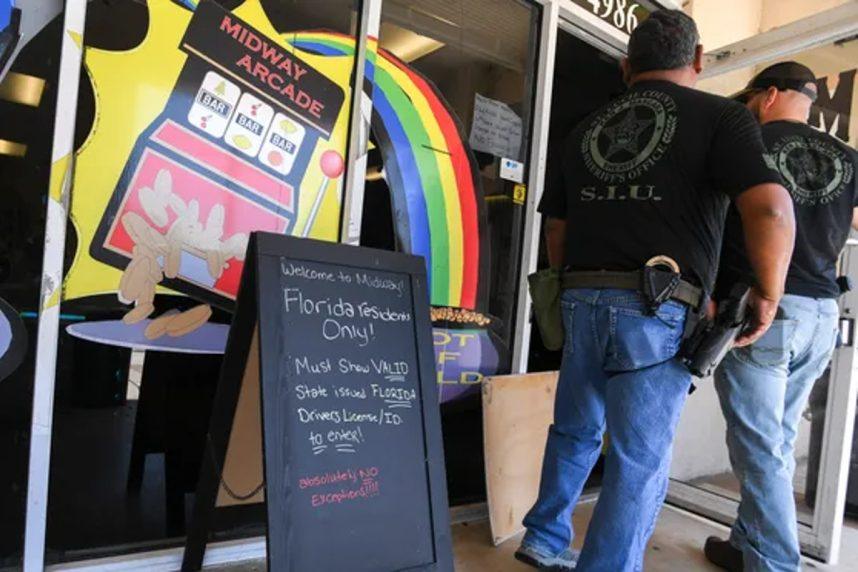The Florida Gaming Control Commission (FGCC) members have been provided with personal confidentiality protections through a bill signed into law by Gov. Ron DeSantis (R).

Senate Bill 692 was introduced in January by state Sen. Travis Hutson (R-Flagler). The measure seeks to provide exemptions from public records for current and former FGCC commissioners and their spouses and children.
The statute passed the Senate in February and the House in March, both by unanimous votes. DeSantis signed the act into law on June 21.
State gaming regulators and their immediate families can now keep confidential their home addresses, personal telephone numbers, dates of birth, their spouse’s places of employment, schools attended, and other personal information. SB 692 brought the FGCC into Florida’s longstanding public records act that provides exemptions for most elected and government-appointed officials.
The Legislature finds that the release of such personal identifying and location information might place the commission’s current or former commissioners and their family members in danger of physical and emotional harm from disgruntled individuals whose businesses or professional practices have come under the scrutiny of the commission,” the state’s lawmaking body wrote in its explanation of the bill sent to DeSantis.
The governor had no comment on signing the bill.
The FGCC has recently cracked down on arcades where law enforcement says illegal gambling machines are operating. The confidentiality statute could help protect commissioners from backlash from those business owners.
Gaming Regulatory Expanding
Florida’s gaming industry is amid considerable change after the US Supreme Court last week denied an appeal challenging the state’s deal with the Seminole Tribe to allow the Hard Rock owner to operate online sports betting in the Sunshine State. Lower federal courts ruled that the US Department of the Interior’s Bureau of Indian Affairs didn’t err in approving the Class III gaming compact that DeSantis and the tribe reached in 2021.
The amended compact that provides the Seminoles with the exclusive rights to slot machines outside of Miami-Dade and Broward counties and most house-banked table games statewide gives the tribe its first online gaming privileges. Opponents, including West Flagler Associates, which owns and operates the Bonita Springs Poker Room, argued the compact violated the federal Indian Gaming Regulatory Act (IGRA), which mandates that tribal gaming occurs only on tribal lands.
